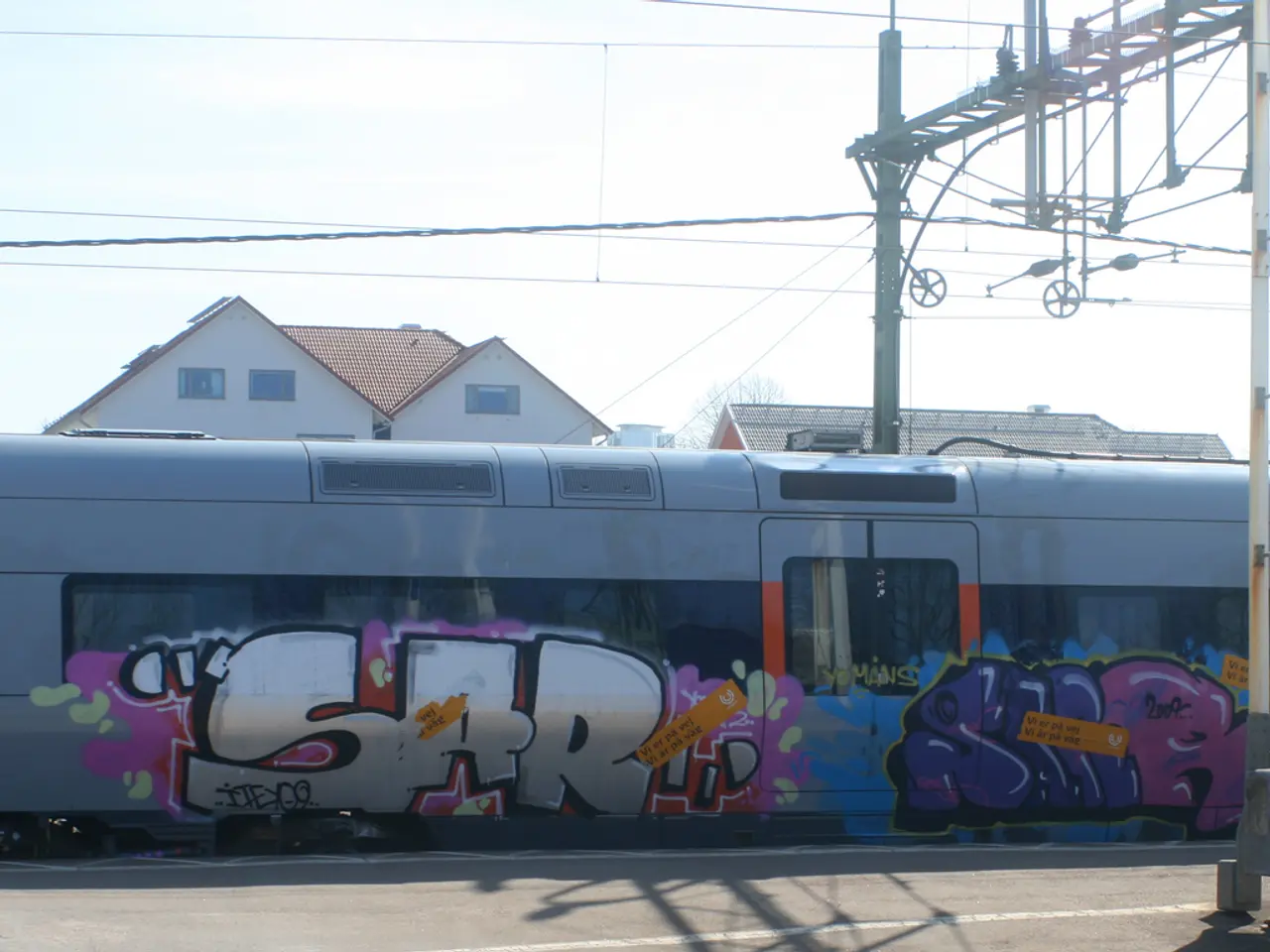"Audio Journey Through a Previously Active Harbor: Explore the Silent Docks"
In Bremen, Germany, an innovative urban performance titled "No ship will come" is set to take place at the former Overseas Harbor, offering a profound exploration of location transformation and the role of longing for freedom in urban development projects.
Bremen’s Overseas Town historically carries significance as a harbor area linked to trade, migration, and maritime identity. This location's transformation—from a bustling port to a space reimagined through artistic and urban interventions—symbolizes how urban development projects can reinterpret and repurpose historic spaces for contemporary social and cultural dialogue.
The performance, a continuation of Katrin Bretschneider's previous work on dense audio walks at sites of change in Bremen, leverages this setting to evoke the historical memory of passage, exile, and possibility linked to overseas migration and shipments. The Overseas Town thus becomes a metaphor for both physical and psychological spaces of transit, uncertainty, and change, reflecting broader processes of urban regeneration where city spaces are redefined not just physically but narratively and socially.
The motif of *longing for freedom* is a crucial emotional and conceptual driver in such urban projects. It captures the aspiration that motivates migration, exploration, and ultimately the shaping of urban identities. This longing is both literal and metaphorical, recalling the journeys of many who left or passed through ports like Bremen’s seeking refuge or new lives, as seen in historical references such as the story of ships like the MS St. Louis, carrying refugees during times of crisis. Metaphorically, it symbolizes a collective desire for openness, possibility, and transformation within the urban fabric itself—a yearning for liberation from restrictive or stagnant spaces and social conditions.
Incorporating themes of *longing for freedom* into urban performances and development projects allows communities and artists to critically engage with histories of migration, exile, and social change. It highlights how cities are shaped by the dreams and struggles of their inhabitants. Interactive performances in such transformed locations foster dialogue around inclusion, memory, and the future of urban space, emphasizing freedom as both a personal and collective ideal pivotal to the continuing evolution of the city.
The performance, titled "No ship will come", uses texts, sound collages, and O-tons to transport the audience back in time. The starting point for the performance is Blue Manege, located at Kommodore-Johnsen-Boulevard 11, 28217 Bremen. The harbor basin in Bremen Overseas Town, once a busy port where ships from all over the world arrived and departed, now serves as the backdrop for this thought-provoking event.
The premiere of "No ship will come" takes place on Thursday, September 21, at 6 pm in the former Overseas Harbor. Visitors are advised to wear weather-appropriate clothing and sturdy footwear for the performance. Additional show dates include September 21-24 at 6 pm, September 28 at 6 pm, September 29-30 at 5:30 pm, and October 1 at 5:30 pm. Tickets can be purchased at www.nordwest-ticket.de, by phone at (0421) 363636, or at the box office.
Katrin Bretschneider, Ilona Marti, Christina Vogelsang, and Verena Ries are working on this interactive urban performance to revitalize the former heart of the port city of Bremen. The image of the performance shows Katrin Bretschneider leading visitors back to a time when ships were still arriving and departing at the old Overseas Harbor. The image is sourced from Christina Vogelsang.
"No ship will come" uses Bremen’s Overseas Town as a symbolic and literal site to reflect on how urban spaces embody historic change and human aspirations. The performance highlights how *location transformation* in urban development is inseparable from narratives of migration and *longing for freedom*, helping communities reckon with their past and imagine more open, inclusive futures in the city.
The innovative urban performance, "No ship will come," in Bremen's Overseas Town resonates with themes of historical transformation and the persistent longing for freedom, linking the once bustling harbor area to the contemporary discourse on home-and-garden and outdoor-living. As a symbolic site for reflecting on the intertwined nature of urban space evolution and human aspirations, the performance's narrative underscores the significance of location transformation within city development projects.





